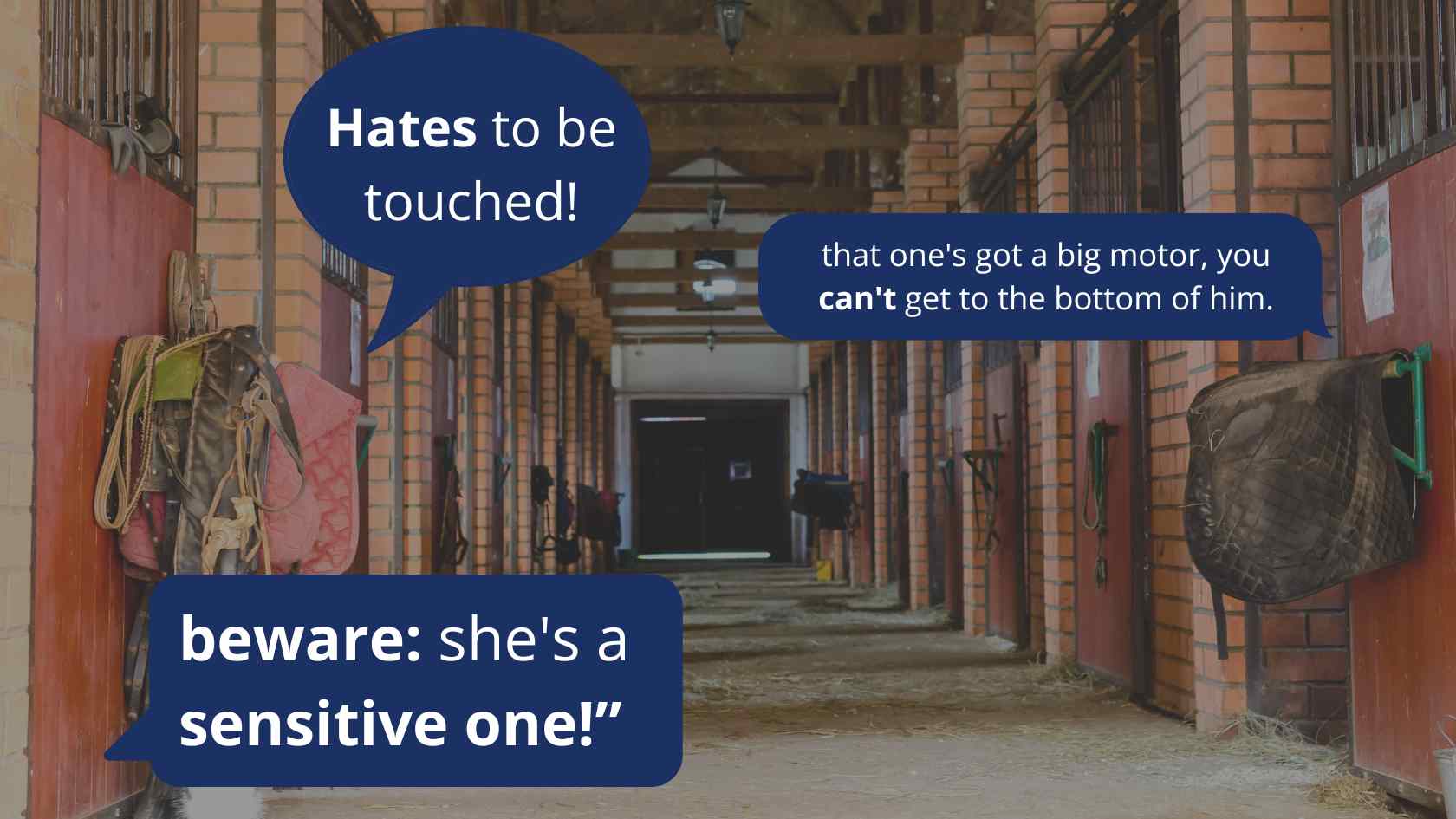In the world of horse care and training, we often hear a variety of terms used to describe a horse’s challenging behavior. Phrases like “big motor,” “never tires out,” and “super cranky and antisocial” are common in stables. But what if these behaviors are more than just personality traits? What if they’re signs of something deeper, like a potential deficiency?
The Overlooked Mineral: Magnesium
Magnesium is particularly vital for horses and plays an essential role in over 300 systems in the body, affecting muscle and nerve function, blood glucose control, and energy production.
Signs of Magnesium Deficiency in Horses
Many horses today exhibit signs that could indicate a lack of magnesium. Often misinterpreted as behavioral issues or personality quirks, they could be a sign of a magnesium deficiency. Some signs include:
- Excessive nervousness or jumpiness
- Difficulty in focusing or concentrating on tasks
- Muscle tremors or overall body trembling unrelated to temperature
- Unwillingness to work, or working up instead of calming down after exercise
- High sensitivity to touch or crankiness when brushed, blanketed, or palpated
- Frequent tendon injuries or inability to relax
Misinterpretations and Misdiagnoses
In the equestrian world, it’s easy to label a horse ‘ring sour’ or ‘just antisocial’ without considering underlying health issues. While training and temperament play a role, consider the possibility of magnesium deficiency. This deficiency can significantly impact a horse’s well-being, and cause what we perceive as ‘difficult’ behavior.
The Solution: Magnesium Supplementation
Magnesium supplementation with products like MagRestore® from Performance Equine Nutrition could unlock a better quality of life for these horses. By increasing magnesium levels, many horses show remarkable improvements in behavior and performance. Symptoms like muscle soreness, crankiness, and hypersensitivity often diminish, revealing a more relaxed, focused, and cooperative horse.
Instead of quickly attributing challenging behaviors to personality, let’s consider nutritional deficits like magnesium deficiency. With MagRestore®, we can address these needs and improve the physical and mental well-being of our horses.
A Step Towards Understanding
Understanding the role of magnesium in equine health can revolutionize how we perceive and manage horse behavior. If your horse exhibits signs that have been too quickly labeled as just ‘temperament,’ try supplementing with magnesium. Take careful note of your horse’s response to see if symptoms diminish. It’s not just about managing behaviors; it’s about understanding the needs of our horses and working to improve their overall well-being.

